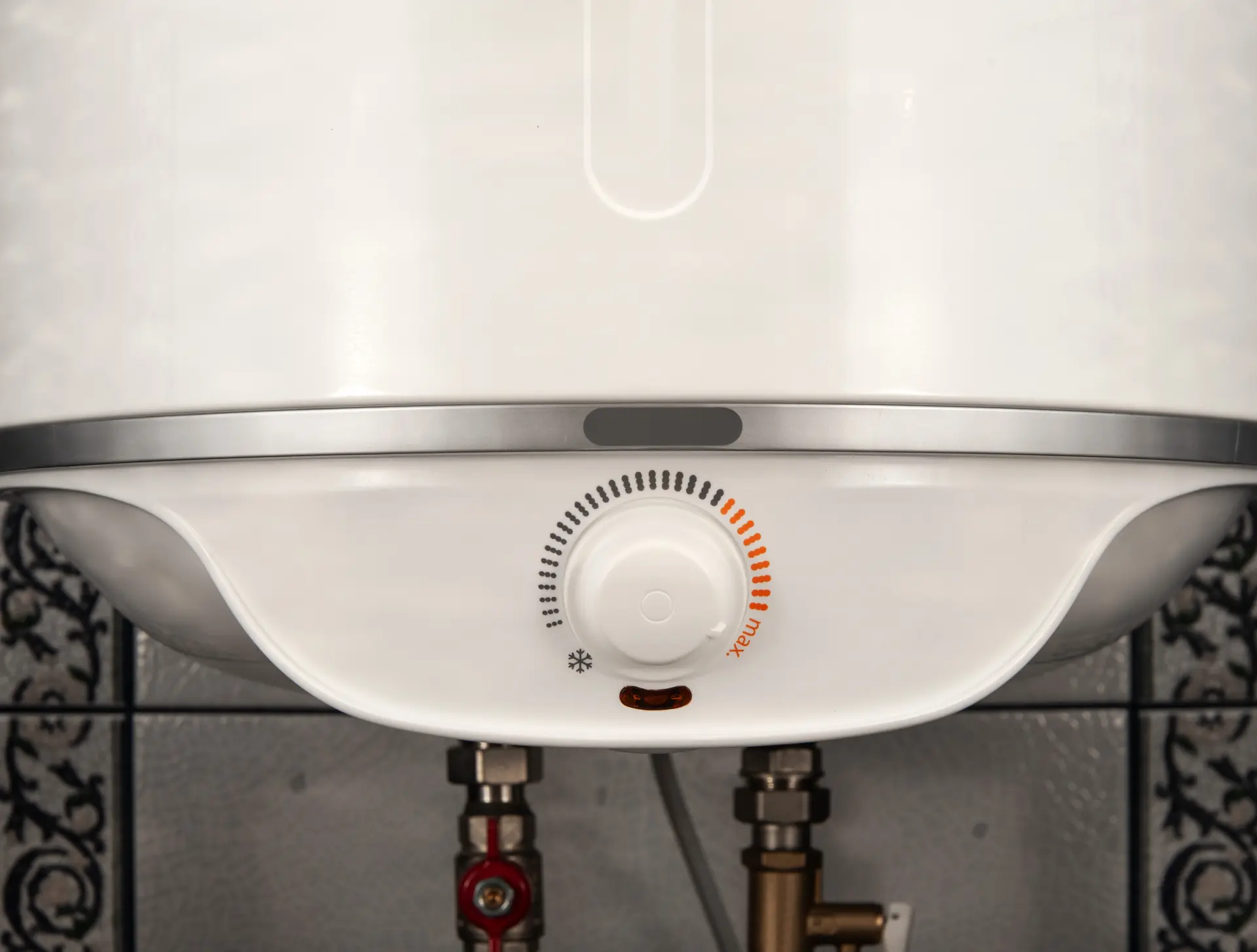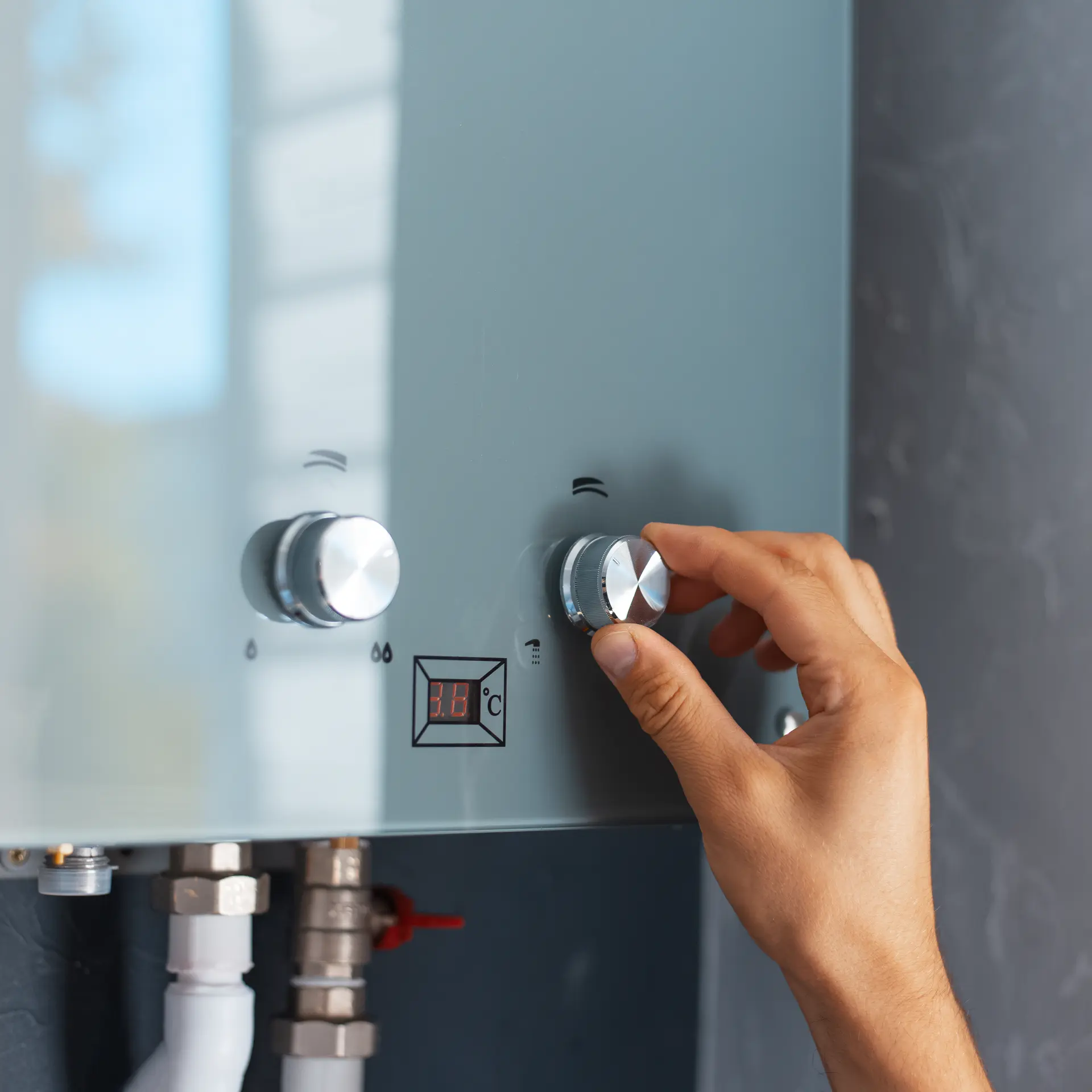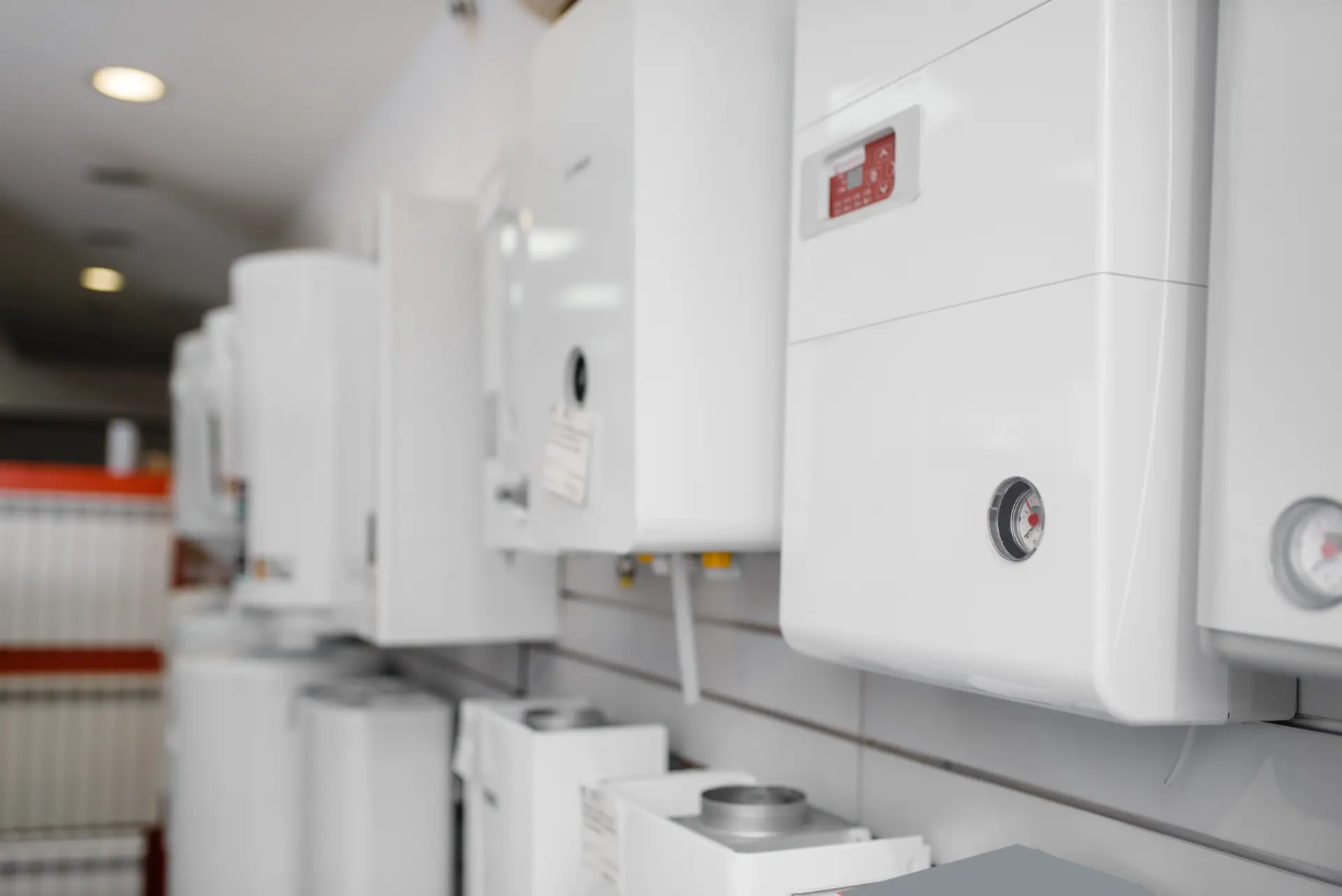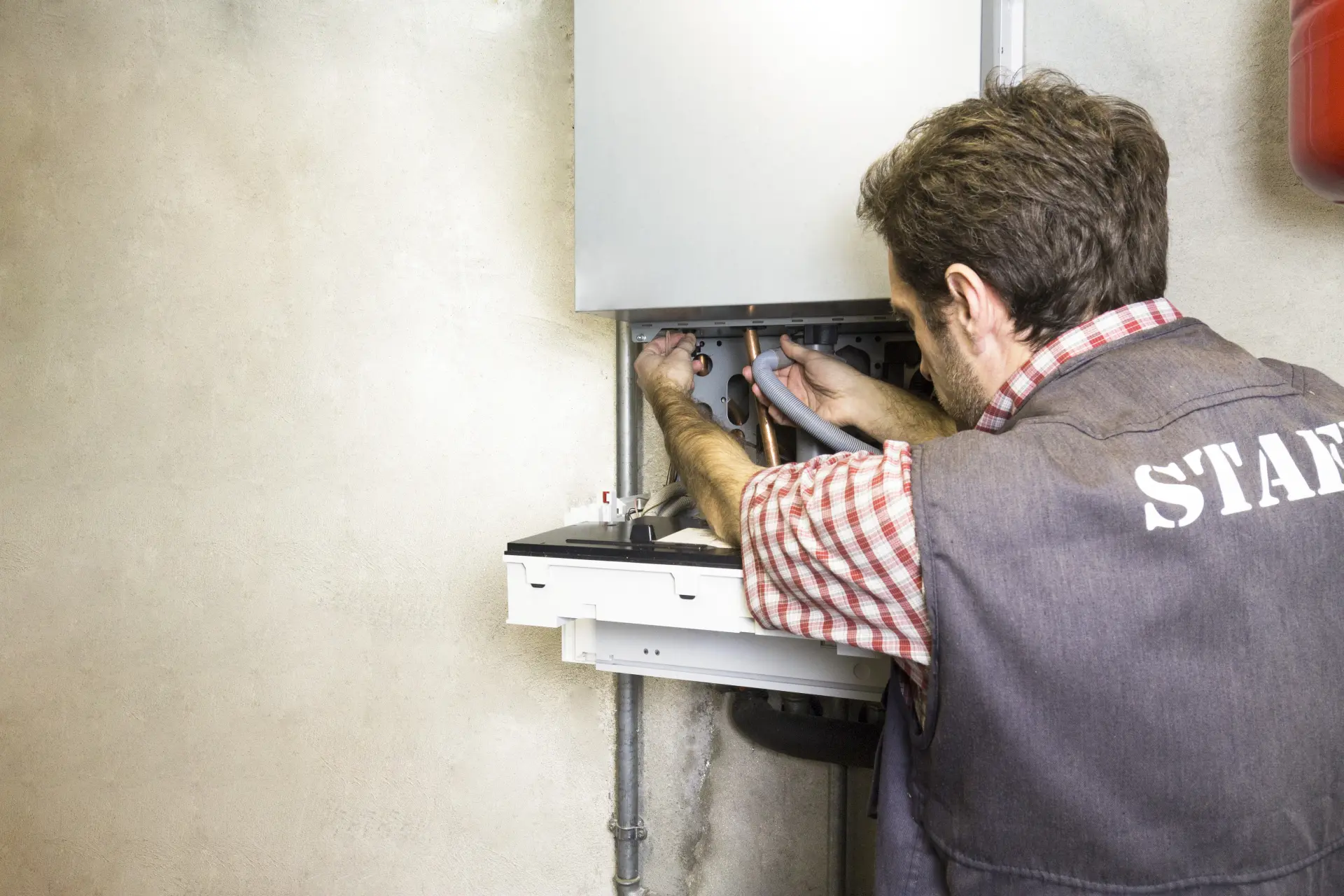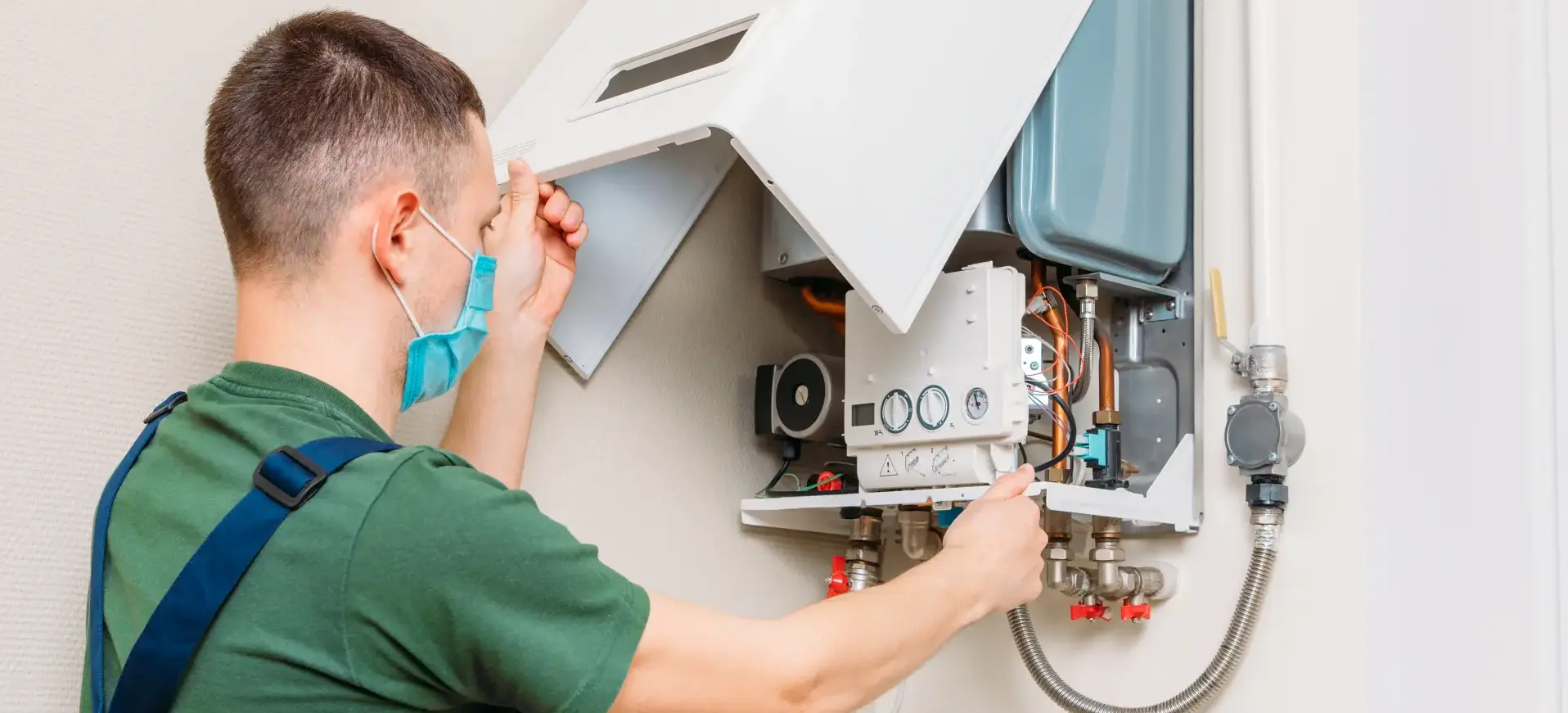When your boiler starts losing efficiency or develops frequent faults, deciding whether to repair or replace it can be difficult. Both options have their advantages, depending on your boiler’s age, condition, and reliability. Understanding when a repair is enough and when a full replacement makes more sense helps you make a confident, cost-effective decision that keeps your home safe, warm, and energy-efficient.
Understanding the Lifespan of a Boiler
The typical lifespan of a domestic boiler is between ten and fifteen years. However, this can vary depending on how well the system has been maintained. Regular servicing, timely repairs, and clean water within the system can extend its life considerably. In contrast, neglected boilers or those in hard water areas often deteriorate faster. As a boiler ages, its efficiency naturally declines.
Components like pumps, valves, and fans begin to wear down, and sediment or scale can build up inside the system. This causes the boiler to work harder, consuming more fuel for less heat output. Once your system reaches a certain age, even minor repairs may not restore full performance.
A general rule of thumb is that a boiler under ten years old is usually worth repairing, provided it has not suffered major failures. Beyond fifteen years, however, constant maintenance may no longer be financially sensible. At that point, it’s worth considering whether a modern replacement could save you money in the long term through improved efficiency and reliability.
Signs That Boiler Repairs May Be Enough
In many cases, repairs can restore your boiler’s performance and save you the expense of a replacement. Problems such as low pressure, ignition failure, or faulty thermostats are often minor and can be resolved quickly by a qualified engineer. A well-maintained system with no history of major breakdowns can usually be repaired cost-effectively.
Repairs are especially suitable when parts are readily available, the boiler has a valid warranty, or the issue is isolated rather than recurring. For example, replacing a faulty valve or sensor can often bring an otherwise healthy boiler back to full working order.
However, it is important to monitor patterns. If you find yourself calling for repairs several times a year, or if multiple components fail in close succession, it may be time to weigh the long-term costs. In those cases, replacing the system can save both money and frustration over time.
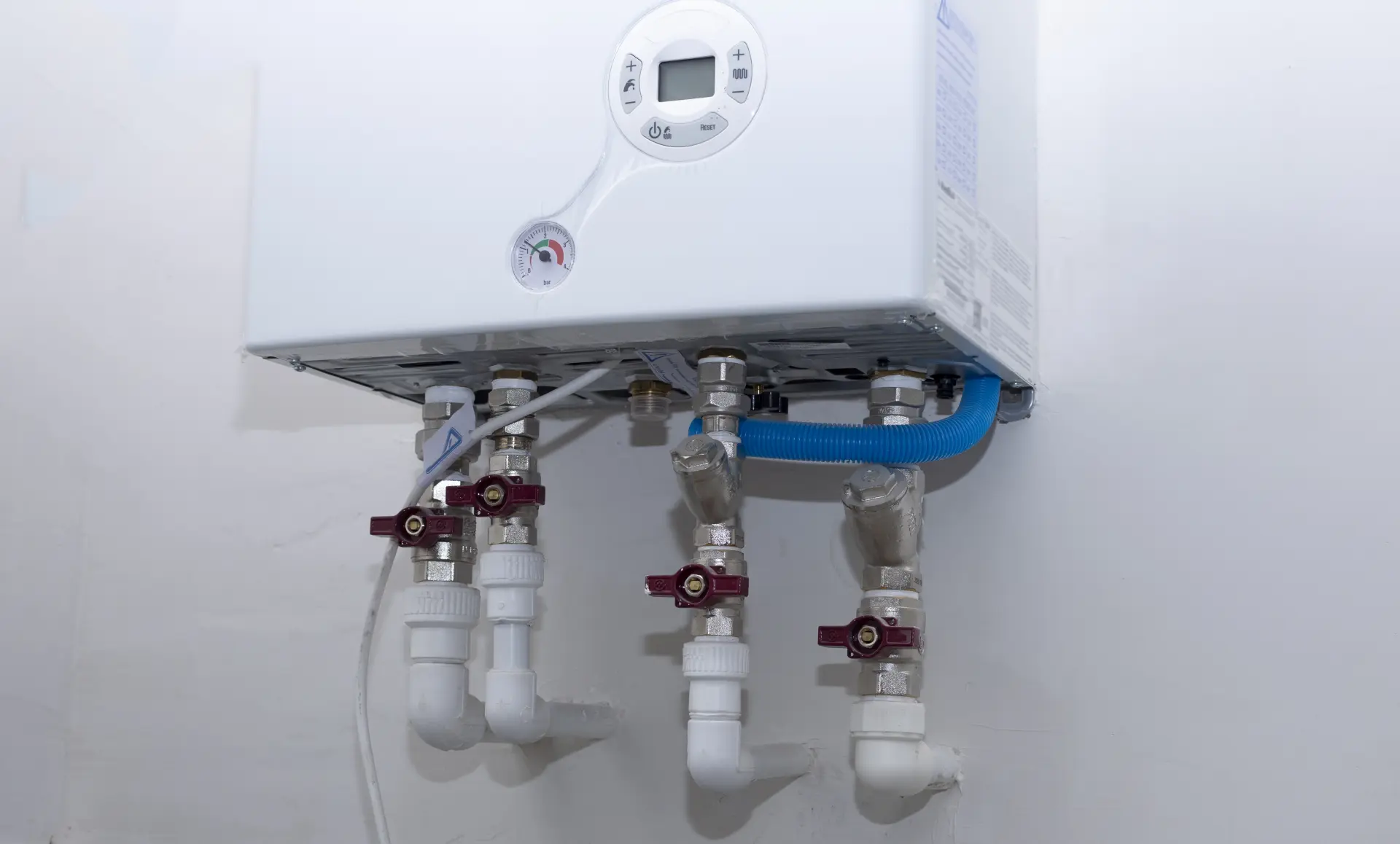
When Replacement Is the More Cost-Effective Option
There comes a point when replacing your boiler is not just a matter of convenience, but a sensible financial decision. Frequent breakdowns, leaks, loud noises, or uneven heating are all signs that your system may be nearing the end of its lifespan. Replacing an old, inefficient boiler with a new, energy-efficient model can provide more consistent heating and significantly lower energy bills.
New condensing boilers are far more efficient than older systems, often exceeding 90 percent efficiency. This means that nearly all the fuel used is converted into heat for your home, with minimal waste. The initial cost of installation is offset by reduced fuel consumption, lower emissions, and fewer repair bills.
Additionally, new boilers often come with multi-year warranties and advanced controls, such as smart thermostats that allow you to regulate heating more precisely. These features help you manage comfort levels while keeping energy use low. Over time, the improved efficiency of a new boiler can easily pay for itself through savings on running costs.
Energy Efficiency: Old vs Modern Boilers
Older boilers can operate at as little as 60–70 percent efficiency, meaning that up to 40 percent of the energy they consume is wasted. By comparison, modern boilers use advanced condensing technology that captures heat from exhaust gases, achieving efficiencies above 90 percent.
This not only lowers your heating bills but also reduces your environmental footprint. In households across Kings Langley, Watford, and St Albans, upgrading to a high-efficiency boiler can cut annual energy costs by hundreds of pounds.
In addition, modern systems run more quietly and produce heat more evenly, improving comfort throughout your property. If your energy bills have risen sharply without an increase in usage, it’s a clear indication that your boiler is losing efficiency. Investing in a replacement ensures a more dependable system, stable running costs, and compliance with current energy standards.
Need fast and reliable boiler repairs in your area? A.C.O Heating And Plumbing Ltd provides expert diagnostics, repairs, and servicing to keep your heating system running safely and efficiently.

